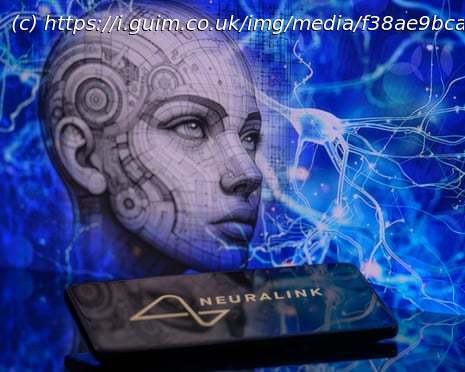Fascination of investors such as Elon Musk with uploading their brains to computers is hindering progress in curing disease, say scientists
Fascination of investors such as Elon Musk with uploading their brains to computers is hindering progress in curing disease, say scientists
It has been an excellent year for neurotech, if you ignore the people funding it. In August, a tiny brain implant successfully decoded the inner speech of paralysis patients. In October, an eye restored sight to patients who had lost their vision.
It would just be better, say experts, if the most famous investors in the space – tech magnates such as Elon Musk and OpenAI’s Sam Altman – were less interested in uploading their brains to computers or merging with AI.
“It’s distorting the debate a lot,” said Marcello Ienca, a professor of neuroethics at the Technical University of Munich. “There is this long-term concern regarding the narratives they use.”
Michael Hendricks, a professor of neurobiology at McGill, said: “Rich people who are fascinated with these dumb transhumanist ideas” are muddying public understanding of the potential of neurotechnology. “Neuralink is doing legitimate technology development for neuroscience, and then Elon Musk comes along and starts talking about telepathy and stuff.”
Silicon Valley firms have ramped up investment in neurotechnologies in the past years, with Altman in August co-founding Merge Labs, a competitor to Musk’s Neuralink. Apple and Meta are both working on wearable devices that leverage neural data: a wristband for Meta, EEG headphones for Apple.
At this point, said Ienca, most of the US’s big tech companies have dedicated research on neurotechnology: Google’s neural mapping project, for example, or Meta’s acquisition of Ctrl Labs. “The neurotech game is really in the process of going mainstream,” he said.
These technologies have considerable near-term potential to treat a variety of neurological issues – from ALS to Parkinson’s to paralysis. The problem is, their investors don’t always appear to have curing disease as an end goal.
Musk has said brain-computer interfaces like Neuralink’s may one day allow people to “upload [their] memories” and “download them into a new body or a robot body”.
Start
United States
USA — IT Investors’ ‘dumb transhumanist ideas’ setting back neurotech progress, say experts






